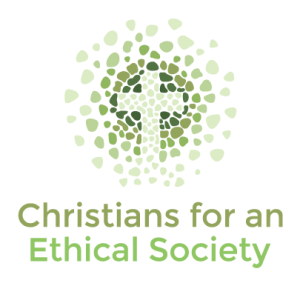TUESDAY 21 FEBRUARY 7:00 PM
If people are compassionate, where does that leave economics?
Economics is built on the assumption of a “rational economic man,” a being that is said to make decisions solely on the basis of maximising “utility”.
But there’s an awful lot of evidence that people aren’t like that, being generous to others in ways that couldn’t possibly advance their own interests, and being prepared to harm their own interests rather than be party to arrangements they don’t think are fair.
It has sparked debates in economics about how much the profession will have to change to incorporate reality, or whether it should.
ABOUT THE SPEAKER

Peter Martin AM
Peter Martin is a member of the Holy Cross Anglican Church at Hackett and is and Business and Economy Editor of The Conversation.
A former Commonwealth Treasury official and former economics editor of The Age, he has reported economics since 1985.
Peter was the ABC economics correspondent from 1985 to 2002 reporting for the flagship programs, AM and PM.
He was made a Member of the Order of Australia (AM) in 2019 for significant service to multi-platform and print media as an economics journalist.
Forum Chair: Mr Clive Rodger, Chair, Christians for an Ethical Society
CHAMBERS PAVILION (NB – this time, not the chapel)
AUSTRALIAN CENTRE FOR CHRISTIANITY AND CULTURE
15 Blackall Street (near Kings Ave) Barton
TUESDAY 21 FEBRUARY 7:00 PM
Here is the pdf flyer about the forum
The forum will seek to encourage discussion from the floor.
A donation would be appreciated.
Christians for an Ethical Society (ces.org.au) is a Canberra-based ecumenical forum which seeks to engage with the ethical challenges of the contemporary world, locally, nationally and internationally.
Contact: Ann Skamp – secretary@ces.org.au www.ces.org.au
VIDEO RECORDINGS OF THE FORUM
(total size 198MB)
economics-1.mp4
economics-2.mp4
economics-3.mp4
REPORT OF THE FORUM
by Robbie Tulip, member of the CES committee
Is Economics Built On The Right Foundation?
Economic journalist Peter Martin AM addressed this topic in discussion with Christians for an Ethical Society in Canberra on 21 February. Peter is well known for his insightful economic commentary for The Conversation, The Age and the ABC. Christians for an Ethical Society (ces.org.au) is a Canberra-based ecumenical forum which seeks to engage with the ethical challenges of the contemporary world, locally, nationally and internationally.
Economics as an academic discipline encourages the self-centred outlook known as homo economicus, founded on allegedly rational self-interest. Yet a better foundation is possible. We see this from the observation that people are generous to others in ways that couldn’t possibly advance their own interests, and are prepared to harm their own interests rather than accept arrangements they see as unfair.
The problem Peter raised is that so-called “Rational Economic Man” behaves contrary to our basic recognition that we live together with other people in social networks of care and concern. We do not exist as disconnected and isolated individuals. As the renowned Australian researcher Hugh Mackay has observed, the whole field of sociology is based on human interconnectedness. Yet the training of ‘homo economicus’ encourages a heartless attitude, based on wrong assumptions about perfect competition, and increasingly ignoring the problems of concentration of power and wealth. Traditional economics allows the market failure of growing inequality. Allowing self-centred views to dominate society, as seen especially in the USA, has fostered growing inequality that threatens social cohesion and wellbeing.
In the Ultimatum Game, designed to test views on fairness, a person is given $100 on the basis that they must share it with someone else. Only if the second person accepts the offered amount does either get anything. Peter explained that people readily see equal sharing of such a windfall as fair and acceptable. But tests of this game have found on average that the second person would prefer nothing rather than an offer below $30. When our innate sense of dignity and equality is affronted, we reject the supposedly rational idea that a derisory gift is better than nothing. Generosity and fairness are basic human values.
Audience discussion with Peter further explored ethical problems of inequality. The core Christian ethical principle that what we do to the least of the world we do to Jesus Christ (Matt 25:40) is a call to promote equality, connection and respect. An economy that allows the wealthy to impose monopoly and cartel corporate structures creates a political climate where decisions are based on corruption, avoiding regulation. It is difficult to fix this problem because incentives for politicians often put vested interests before the public good. Australian superannuation funds make investment decisions and CEOs enjoy bonus systems that skew corporate incentives to focus on short term profit rather than longer term results. We see increasing domination by the top 1%, risking a breakdown in our social contract.
Peter suggested one option to help reduce inequality would be to tax capital gain profits from investment property at the full rate. He commented that the concept of wellbeing can guide economic policy in government decisions. We can enhance overall wellbeing through actions on sustainability – looking to the long term; complexity – simplifying public interaction with government; and risk – ensuring vulnerable people are protected.
Economics tends to assume a high discount rate, leaving future generations to look after themselves. Peter noted that this attitude fails in relation to climate change, given the high risks from global warming, but economic policy can help solve this problem by pricing carbon emissions as an externality.
Christians for an Ethical Society seeks to increase public understanding of how we can improve wellbeing. Peter Martin commented that our political system often ignores policy options that could best achieve such ethical goals, due to a lack of public engagement seeking to influence government decisions. While the economics profession has highly contested views and values, it is essential to encourage more debate and discussion of economics, in order to give more prominence to the findings of research and encourage more ethical policies.

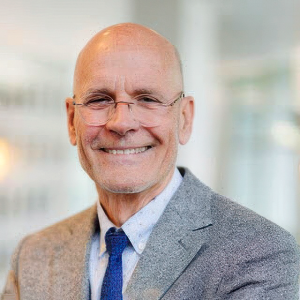

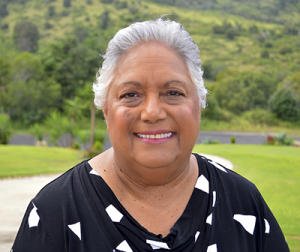
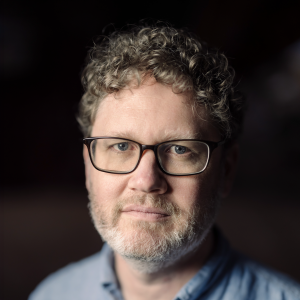


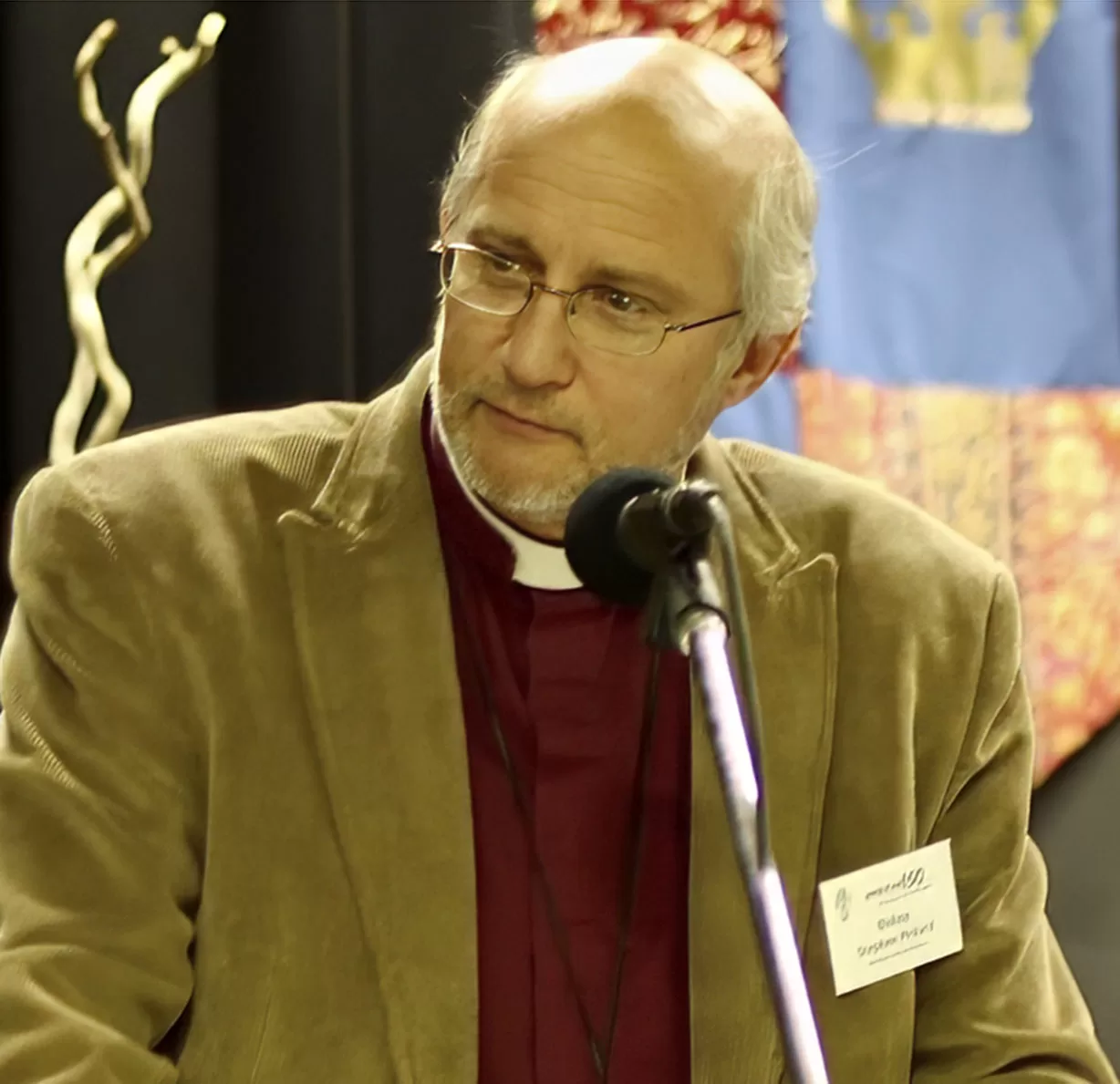

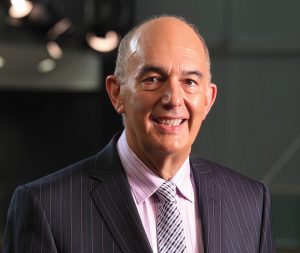
 About the speaker
About the speaker
